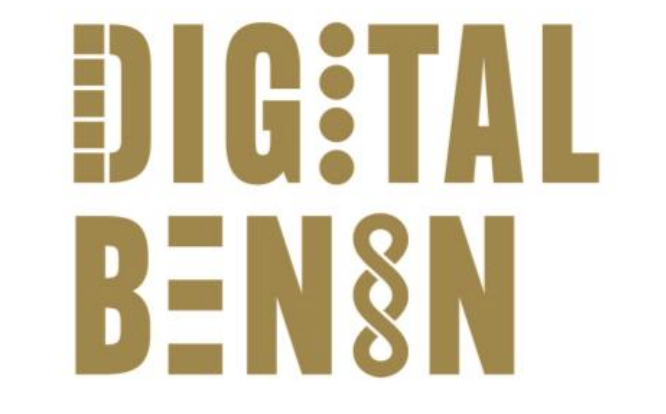
With the support of the Ernst von Siemens Kunststiftung, the Museum am Rothenbaum (MARKK) in Hamburg is opening an international project office to digitally unite the globally dispersed works of art from the former Kingdom of Benin. As an unparalleled forum of knowledge, Digital Benin will, within the next two years, bring together object data and related documentation material from collections worldwide and provide the long-requested overview of the royal artworks looted in the 19th century.
The launch of the website is planned for 2022.
The aim of the project is to create a well-founded and sustainable catalogue of the artworks and their history, cultural significance and provenance. The Ernst von Siemens Kunststiftung is financing the project of German, Nigerian, European and American experts.
The colonial occupation of the Kingdom of Benin (now Edo State, Nigeria) by British troops in February 1897 led to a worldwide dispersal of an estimated 3000 to 5000 objects plundered from the Royal Palace and other ceremonial sites. These works of art made of bronze, ivory and wood, often referred to as “Benin bronzes”, are in the focus of public debate on the restitution of colonial heritage. Prospective restitutions can contribute to mitigate the tragic loss of local knowledge and cultural values, but there is also a need to make existing knowledge resources accessible.
An overview of the once coherent complexes of objects and the information available to date, which is distributed across a multitude of institutions, will provide a more comprehensive picture of the significance of these outstanding art treasures.
The Ernst von Siemens Kunststiftung is now funding the Digital Benin project with more than 1.2 million euros. Under the leadership of Prof Barbara Plankensteiner (Director MARKK), a core team consisting of Dr Felicity Bodenstein (Lecturer in Heritage Studies, Sorbonne Université Paris), Dr Jonathan Fine (Director, Ethnologisches Museum der Staatlichen Museen zu Berlin – Preußischer Kulturbesitz) and Dr Anne Luther (Expert for Digital Humanities) in cooperation with object specialists and scholars from Nigeria, Europe and the US, will create a digital platform within the next two years, which will bring together all Benin holdings worldwide, historical photographs, archival materials, eyewitness accounts, publications and oral traditions and create an internationally accessible information catalogue.
The online presence is intended to link local knowledge with historical and recent research findings and include contemporary interpretations of ritual practice as well as artistic perspectives. Digital Benin will provide access to information on the history, cultural significance and provenance of the works not only for academic research purposes, but will also be available to the general public. It will play an important role in promoting further research, especially by Nigerian scholars, who have been disadvantaged because of the inaccessibility of the material in European and American museums and archives.
The online platform compiles data from the diverse national and international museum databases that currently hold Benin works in their collections. The different data and information are brought together through a user-friendly interface to illustrate and informatively present the textual and visual material. At the same time, the platform will offer specialists a digital tool. The technical team will use new digital methods and media approaches to develop a data feed for the platform, which can serve as a model for internationally networked cooperation in the museum sector and the digital merging of other collections in the future. The online platform will be developed by Behavior/time, a multidisciplinary design and development studio that creates digital tools and experiential artefacts specializing on cultural initiatives, archives and museums. The Royal Museum in Benin City, which is currently being founded, is to become the main provider of this online resource in the future. The language will be English, relevant terminology in the Edo language will be included.
The Digital Benin project is being developed in close cooperation with the Benin Dialogue Group, which includes the Royal Court of Benin, the Edo State Government, the National Commission for Museums and Monuments, Nigeria and all European museums with important Benin collections. The project application was preceded by a two-day workshop in October 2019. A group of 18 international experts from Nigeria, the UK, the US, Sweden, the Netherlands, France and Germany discussed the project’s development and challenges at the Museum am Rothenbaum in Hamburg. In a first step, the partner institutions of the Benin Dialogue Group will provide data on their Benin holdings. This material of an estimated 2000 objects will provide a solid foundation for the further expansion of the platform by integrating additional data from American and other collections.
You must be logged in to post a comment.